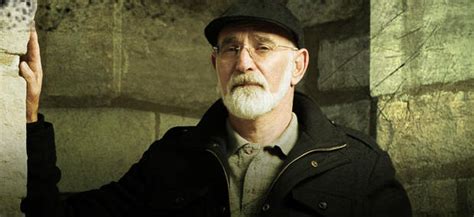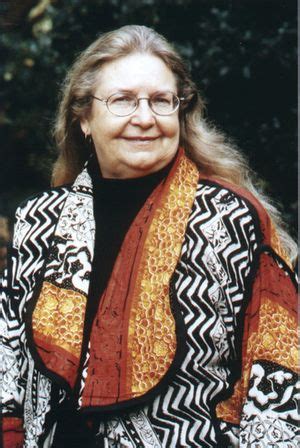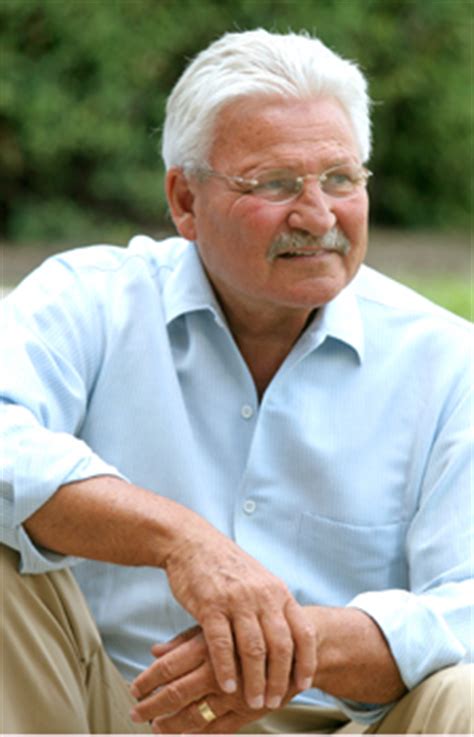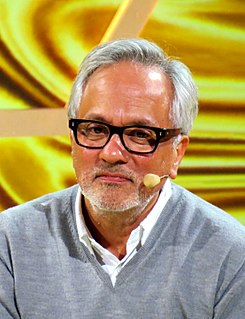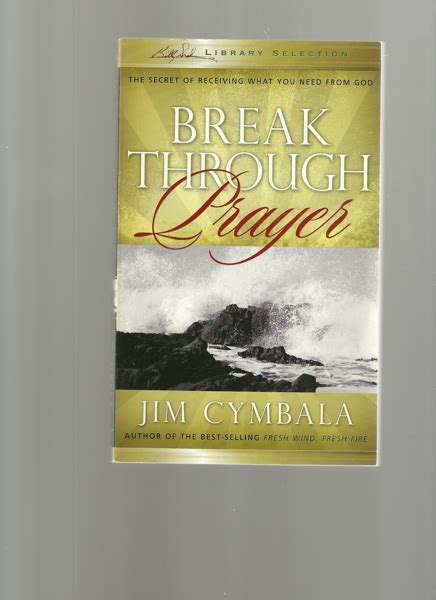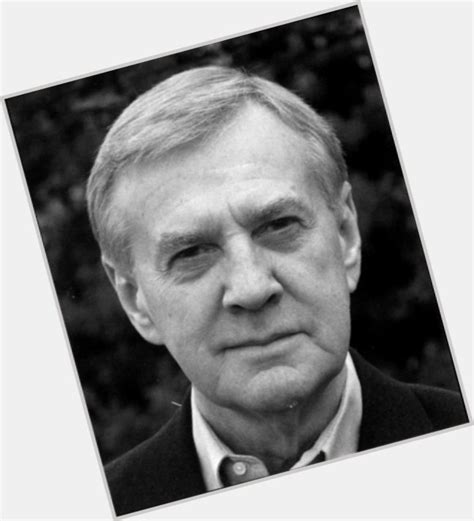A Quote by John Zaffis
I work with a lot of spiritual people. Now, when I say spiritual people, I not only work with priests, rabbis, and ministers - there's a tremendous amount of people, shamans, medicine men. It depends on the circumstances, what I'm tying in with that I find to be extremely important to do some type of spiritual work over the items before they are brought into the museum.
Related Quotes
I'm connected with a lot of different paranormal groups out there worldwide, a lot of different spiritual people. My networking over the course of the past 40 years has really grown where I deal with quite a bit. There's a lot of work that I do behind-the-scenes that I just don't ever talk about or things that don't always come to the forefront as far as investigating and getting involved with spiritual people, meaning any type of clergy, because I do work with a lot of them behind-the-scenes.
When I first started reading about the kabbalists, I would hear about them being seen in strange places. It would turn out that they were doing some kind of spiritual work to elevate the sparks. In my life and career, I've had the opportunity to find myself where I could make some spiritual moves, to do some work that is spiritually important.
We use up words like 'spiritual' so fast in this culture. Twenty years ago spiritual had a distinct meaning. But now there's a lot of jack-off thinkers who just love to talk about the spiritual. And there is a lot of bogus - is bogosity a word? It should be - a lot of bogosity in these spiritual seekers. So you have to find another way to express it. I just call it 'how I fit'.
Many spiritual people are involved in a radical denial of what is happening. They want to transcend it, get rid of it, get out of it, get away from it. There's nothing wrong with that feeling, but the approach doesn't work because it's escapism in spiritual clothing. It's wearing spiritual clothing and spiritual concepts, but it is really no different than a drunk in the gutter who doesn't want to feel the pain anymore. When you abide and accept everything completely and fully, you automatically go beyond.
It's not like activist work is a nice add-on to what's really important, the spiritual work. The two are inseparable and it goes both ways. Many people are hardcore activists for decades, and they encounter burnout, futility, or a feeling of imbalance. Sometimes they need to go so far as to drop their activism and go on a spiritual journey. They're realizing that all the stuff they're trying to change in the world isn't just out there in the world. It's in them, too. And as long as they're blind to what's in them, they're going to continually re-create it in all that they do.
When people say do you believe in God? what do they mean by it? Do I believe in some spiritual force in the world? In a way, yes. People have thoughts, emotions. If you want to call that a spiritual force, okay. But unless there's some clarification of what we're supposed to believe in or disbelieve in, I can't answer.
